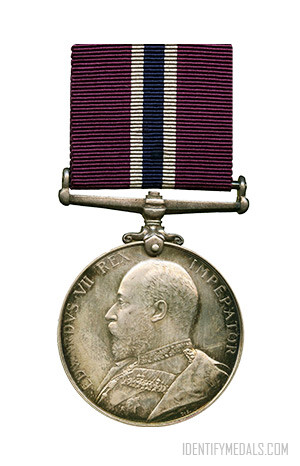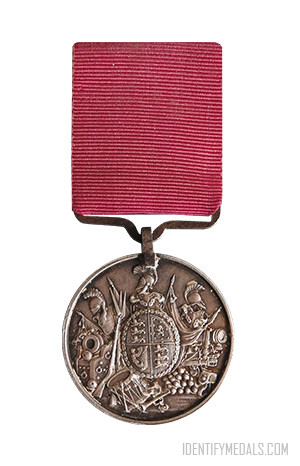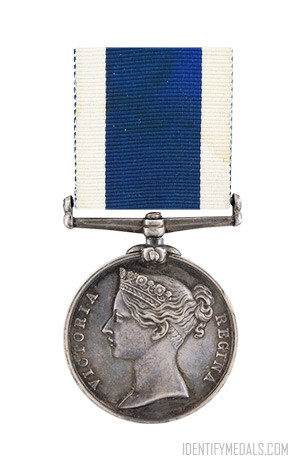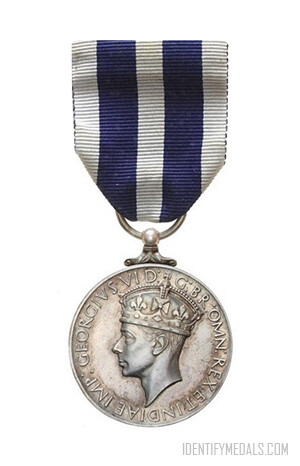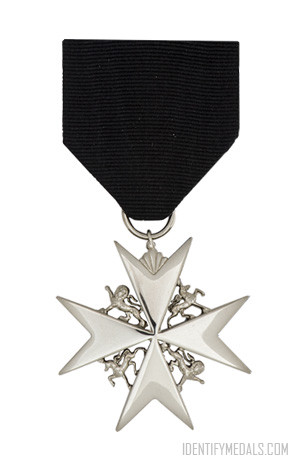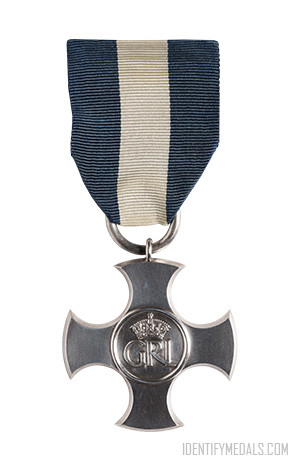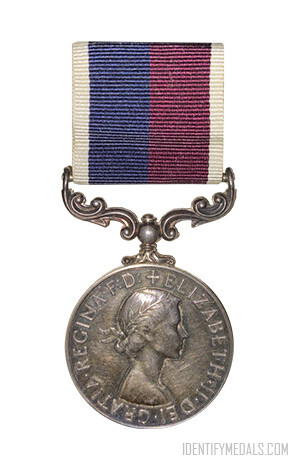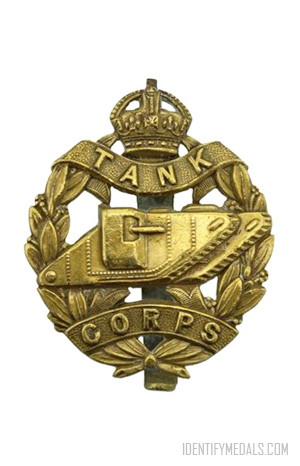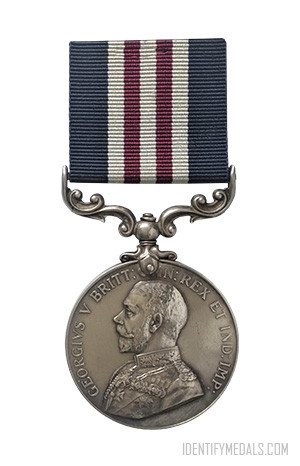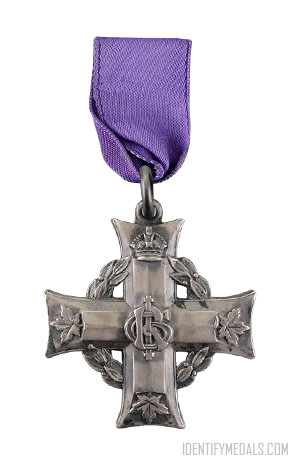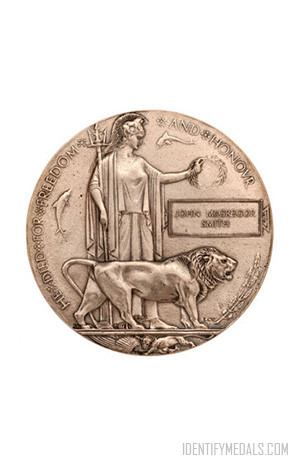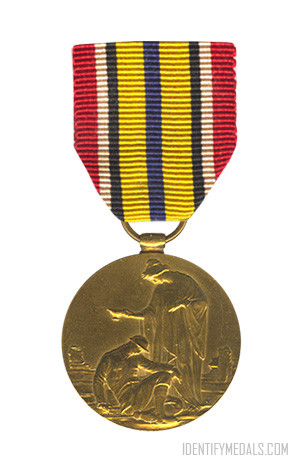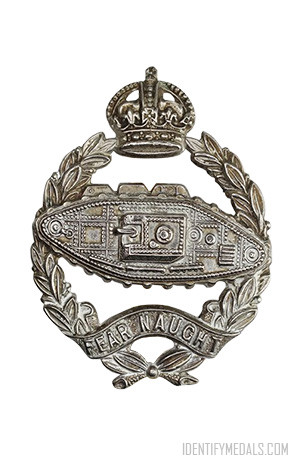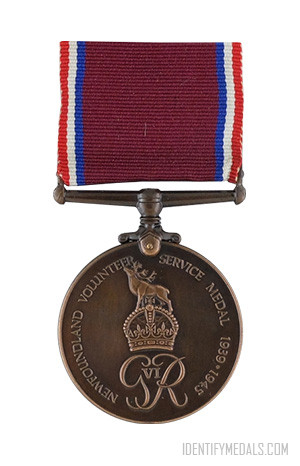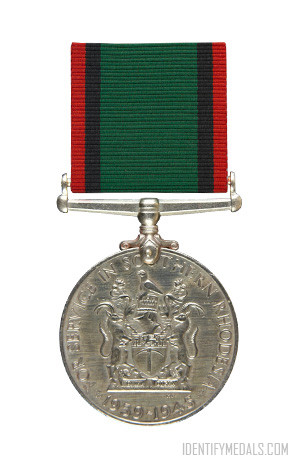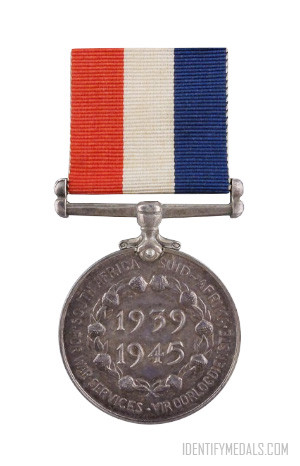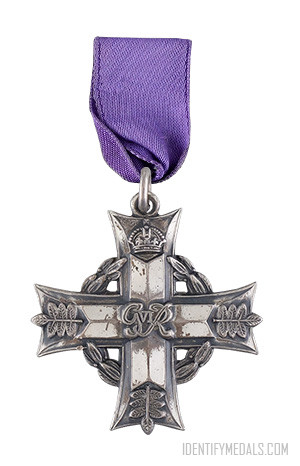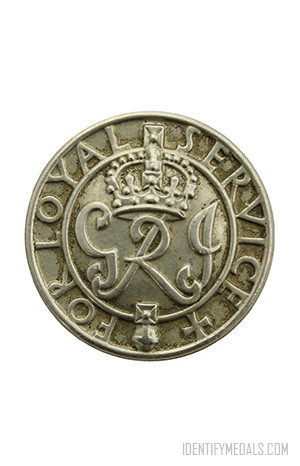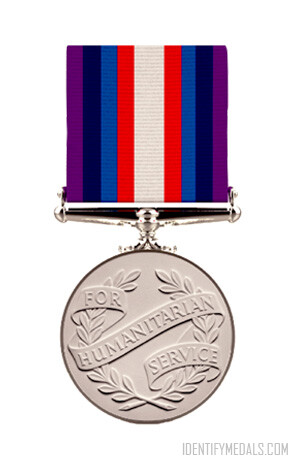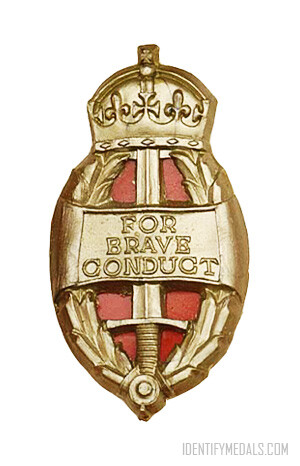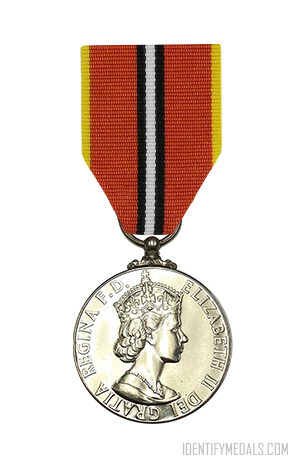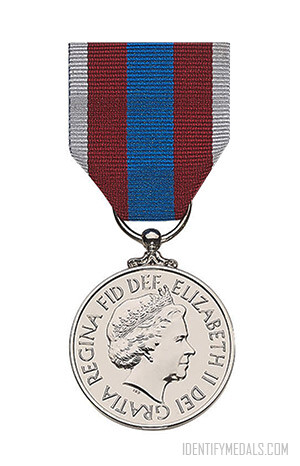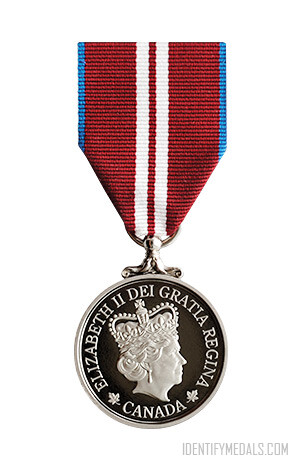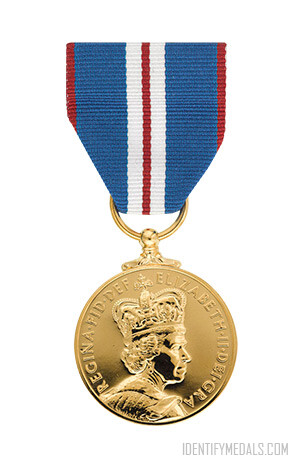Medals from Great Britain from the Interwar Period
British Military Medals & Awards from between 1918 and 1939.
The interwar period in the United Kingdom was marked by significant social, economic, and political changes as the nation transitioned from the aftermath of World War I to the brink of World War II. This era saw the country grappling with various challenges while also experiencing notable advancements and shifts in society.
On this page you will find all military and campaign medals, orders of knighthood, awards, and decorations of the United Kingdom given during the interwar period, between The Great War and the Second World War. Read more: Great Britain’s Orders of Knighthood – British Medals Order of Wear, How to Apply and Request Records
Popular British Interwar
Medals, Orders & Decorations
Explore the most renowned and esteemed medals, orders, and decorations bestowed by the United States, including the Purple Heart (the oldest military award still given), the U.S. Medal of Honor (the most prestigious decoration), and the Silver Star (a distinguished medal for gallantry and valor).
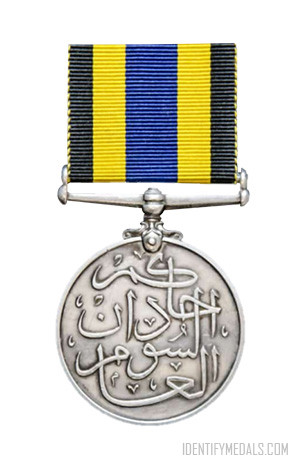
The Sudan Defence Force General Service Medal
The Sudan Defence Force General Service Medal is a campaign medal awarded for service in minor operations within the Anglo-Egyptian Sudan.
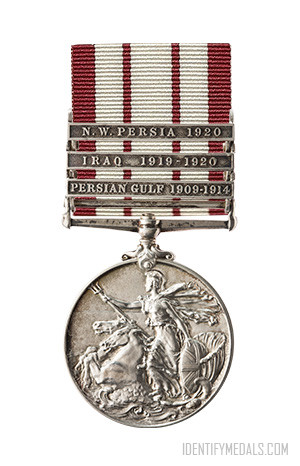
The Naval General Service Medal 1909-62
The Naval General Service Medal was instituted in 1915 to recognize service by the Royal Navy and Royal Marines in certain minor campaigns.
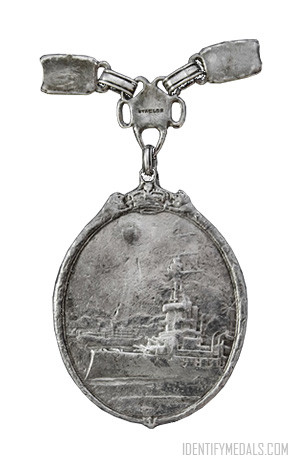
The King’s Medal for Native Chiefs
The King’s Medal for Native Chiefs was instituted in 1920 and awarded exceptionally in silver-gilt and usually in silver.
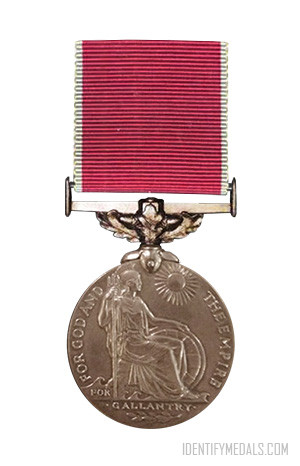
The Empire Gallantry Medal
The Empire Gallantry Medal (or EGM), was a British medal awarded for acts of the gallantry introduced it on 29 December 1922.
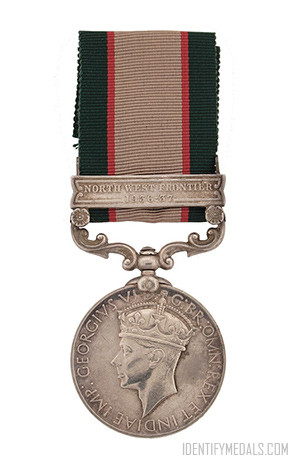
The India General Service Medal (1936)
The Indian General Service Medal is a British campaign medal issued to officers and men of the British and Indian armies.
All Interwar British Medals
The aftermath of World War I left deep scars on British society, and the global economic downturn of the 1930s, known as the Great Depression, had a severe impact on the UK. Still, the interwar period saw a flourishing of British literature, art, and cinema. Writers like Virginia Woolf, George Orwell, and Aldous Huxley made significant contributions to literature, while the Bloomsbury Group became influential in the arts.
Delve into the medals awarded for peacetime service, humanitarian efforts, and campaigns during the interwar years, bridging the gap between two world wars.
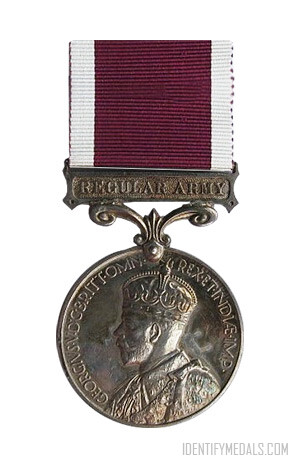
The Medal for Long Service and Good Conduct
The Medal for Long Service and Good Conduct was instituted by King George V in 1930 and initially awarded to Regular Force officers.
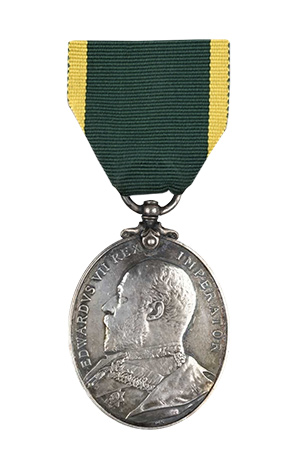
The Territorial Efficiency Medal (1921)
The Territorial Efficiency Medal is a United Kingdom award for long service in the Territorial Army awarded for a minimum of 12 years service.

The Sudan Defence Force General Service Medal
The Sudan Defence Force General Service Medal is a campaign medal awarded for service in minor operations within the Anglo-Egyptian Sudan.
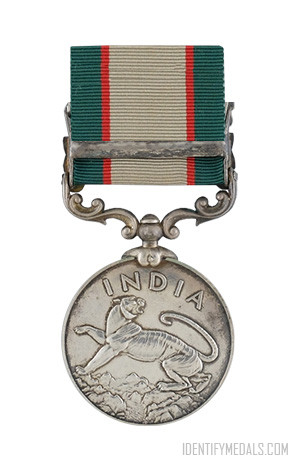
The India General Service Medal 1936-39
The Indian General Service Medal is a campaign medal approved in 1938 for issue to men of the British and Indian armies and of the RAF.
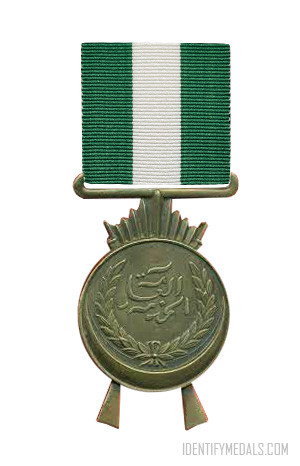
The Iraq Active Service Medal
The Iraq Active Service Medal, also known as the King Faisal’s War Medal, is a British campaign medal established in May 1926.
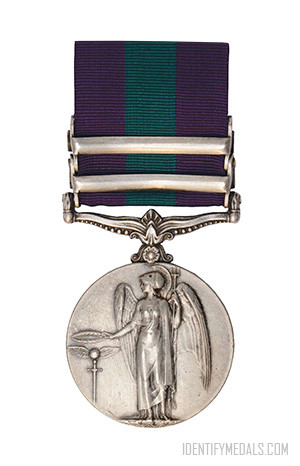
The General Service Medal 1918-62
The General Service Medal (1918 GSM) was instituted in 1923 to recognize service in certain minor Army and Royal Air Force operations.

The Naval General Service Medal 1909-62
The Naval General Service Medal was instituted in 1915 to recognize service by the Royal Navy and Royal Marines in certain minor campaigns.
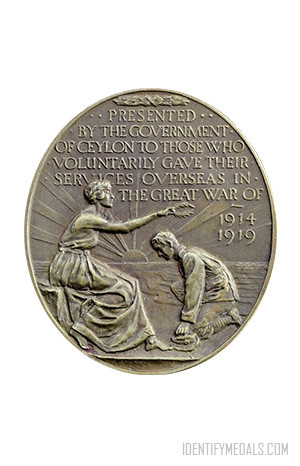
The Ceylon Volunteer Service Medal
The Ceylon Volunteer Service Medal is a non-wearable campaign medal awarded by the Government of Ceylon during World War I.
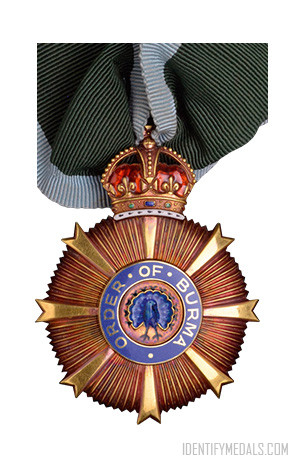
The Order of Burma
The Order of Burma was awarded by the Governor for long, faithful and honorable service by Commissioned Officers in the Burma Forces.

The King’s Medal for Native Chiefs
The King’s Medal for Native Chiefs was instituted in 1920 and awarded exceptionally in silver-gilt and usually in silver.
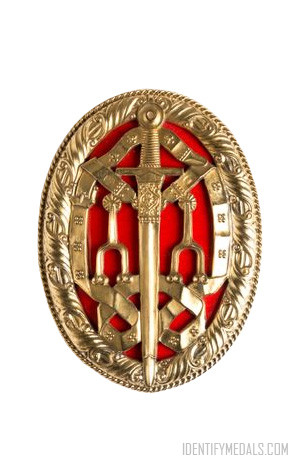
The Knight Bachelor’s Badge
The title of Knight Bachelor (KB) as introduced by King Henry III to recognize a battelier, and the KB badge authorized by George V.
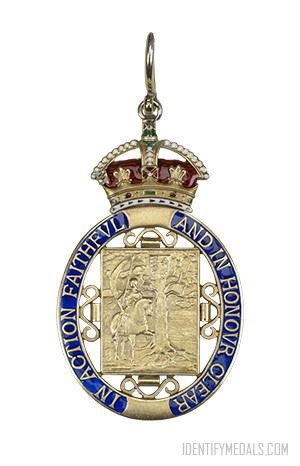
The Order of the Companions of Honor
The Order of the Companions of Honor is an order of the Commonwealth founded in 1917 by King George V as a reward for achievements.
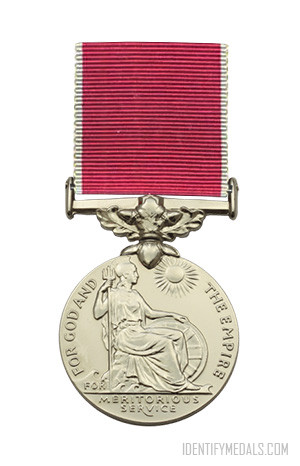
The British Empire Medal
The British Empire Medal is a British medal awarded for meritorious civil or military service worthy of recognition by the Crown.

The Empire Gallantry Medal
The Empire Gallantry Medal (or EGM), was a British medal awarded for acts of the gallantry introduced it on 29 December 1922.
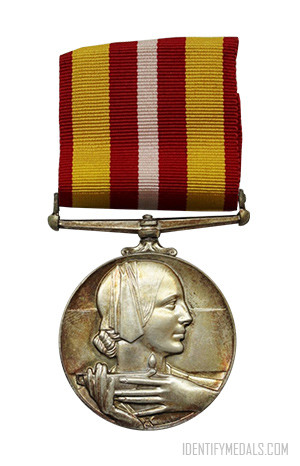
The Voluntary Medical Service Medal
The Voluntary Medical Service Medal is a medal instituted in 1932 by George V and awarded by the British Red Cross and St Andrew’s First Aid.
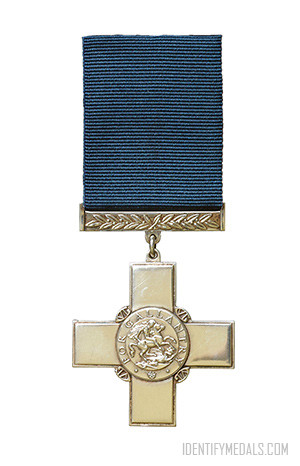
The George Cross (Great Britain)
The George Cross is the second highest award of the UK honors system and it’s awarded for acts of the greatest heroism or courage.

The India General Service Medal (1936)
The Indian General Service Medal is a British campaign medal issued to officers and men of the British and Indian armies.
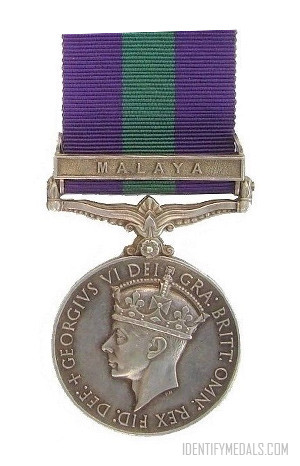
The General Service Medal (1918)
The General Service Medal recognizes service in minor Army and Royal Air Force operations for which no separate medal was possible.
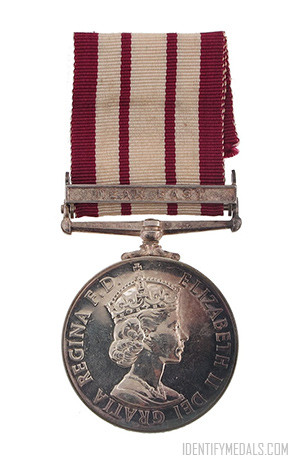
The Naval General Service Medal (1915)
The Naval General Service Medal is a British military medal instituted in 1915 to recognize service by the Royal Navy and Royal Marines.

